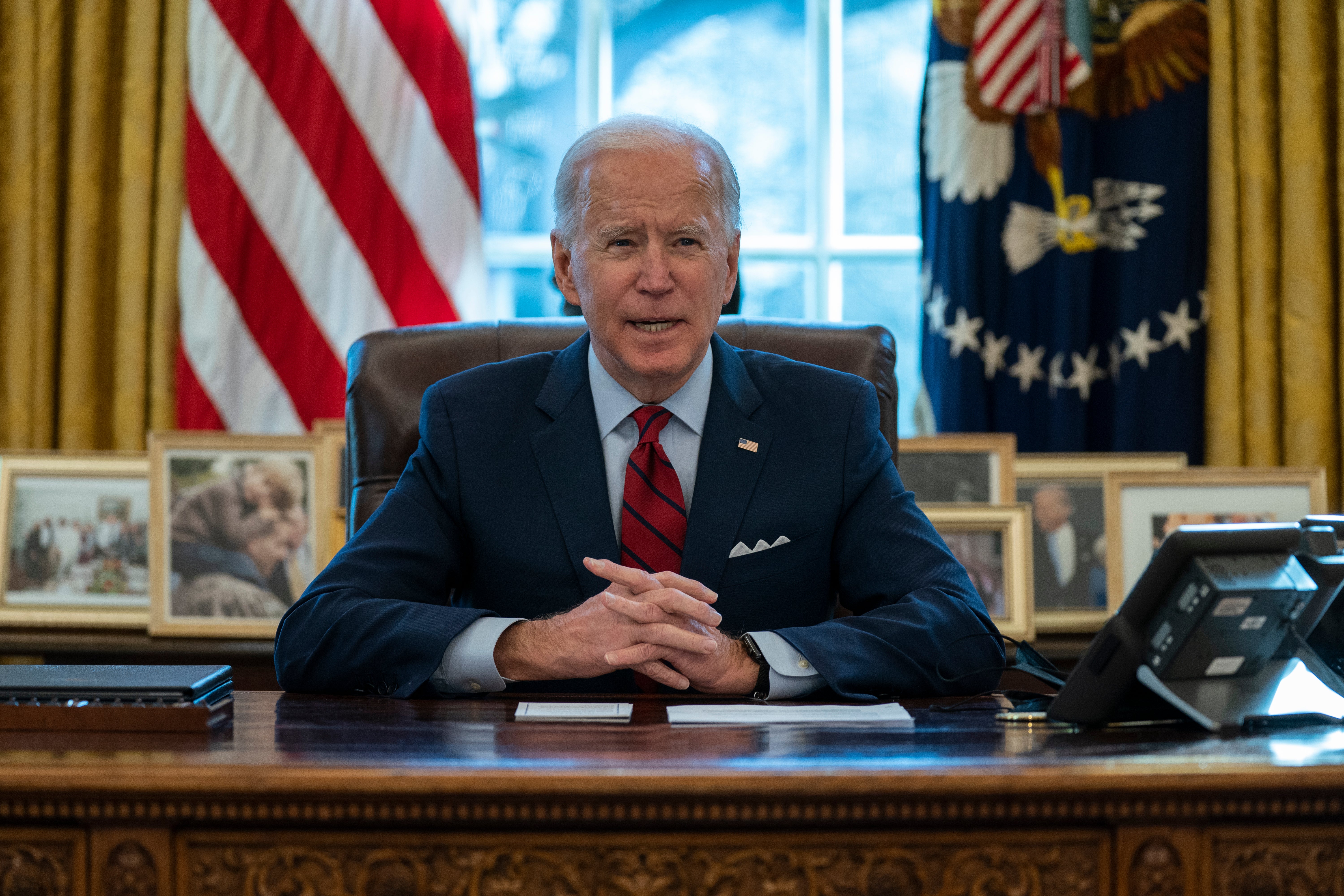Biden administration’s first 25 calls abroad provide diplomatic tea leaves for us to decipher
Smooth political backslaps reveal who is in favour, writes Borzou Daragahi


US secretary of state Antony Blinken immediately got to work. As soon as he was confirmed for his post on 26 January by a 78-22 vote of the US Senate, he got on the phone to introduce himself to his new colleagues.
Like his predecessors, the first calls went to Canada and Mexico, America’s neighbours to the north and south. Canada’s premier Justin Trudeau was also president Joe Biden and vice president Kamala Harris’s first call abroad.
But it’s the first calls that Blinken made afterwards that were noteworthy, hinting at possible policy shifts during the Biden administration and providing clumps of diplomatic tea leaves for journalists and commentators to decipher.
Suggesting a shifting focus towards Asia and the Pacific, Blinken next conferred with the foreign ministers of Japan and South Korea, even before he phoned up the leaders in France, Germany, and the United Kingdom as well as Nato headquarters in Brussels.
Next on Blinken’s agenda came another swing toward Asia and the Pacific, with calls to Australia, Philippines and Thailand.
Only then did Blinken reach out to Israel. By way of comparison, Israel was included in the first set of calls by Donald Trump’s first secretary of state Rex Tillerson. Mike Pompeo, his second secretary of state, actually got on a plane to visit Saudi Arabia and Israel right after he was sworn in.
Next up for Blinken were top diplomats in Iraq and Afghanistan, which both host US troops, followed by the European Union’s foreign affairs chief and Italy’s foreign minister.
Rounding out the top 25 were a number of surprises: Jordan, South Africa, India, Pakistan, the African Union, New Zealand, Sweden, Colombia, and Ukraine.
All this has miffed and angered some observers and officials of nations used to cosier relations with the US.
Imagine being an official of Warsaw, with a far-right government that had modelled itself on Trump’s extremism, only to be shunted aside by a new administration in Washington that reached out to neighbouring war-torn Ukraine before Poland, which hosts hundreds of thousands of displaced Ukrainians.
Imagine being a top official in Saudi Arabia or the United Arab Emirates, which shaped Trump’s Middle East policies, and watching tiny Jordan get a call while you’re checking your empty voicemail box. Or Egypt, whose leader was feted as Trump’s “favourite dictator”, getting pushed off the priority in favour of the African Union rep.
Imagine being the top diplomat in Brazil, run by a far-right leader who palled around with Trump at his Mar-a-Lago resort, and waiting forlornly by the phone only to hear on the news that Colombia got a call.
Many of the countries downgraded and denied calls were slow to recognise Biden’s election win, and this may be their punishment, as well as a sign that after four years of noisy bullying and rudeness under Trump, the fine art of the subtle diplomatic backslap has returned.
Yours,
Borzou Daragahi
International correspondent
Join our commenting forum
Join thought-provoking conversations, follow other Independent readers and see their replies
Comments


Bookmark popover
Removed from bookmarks